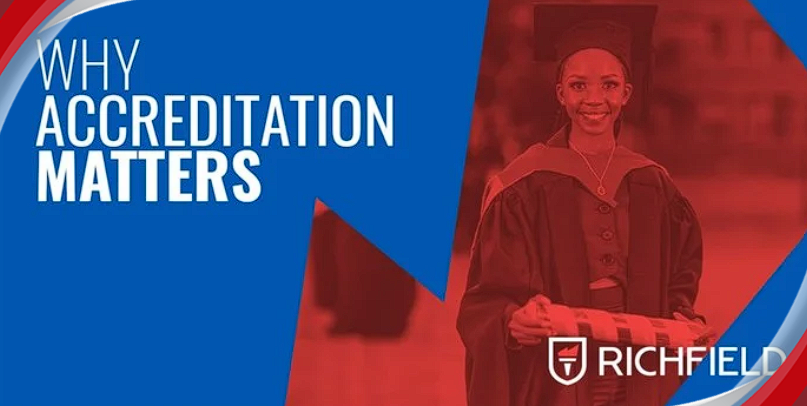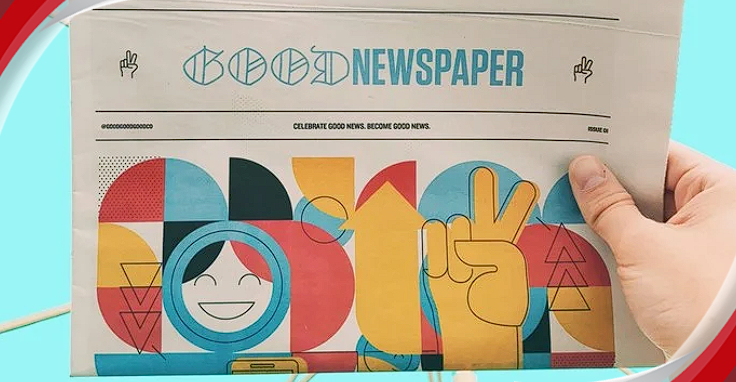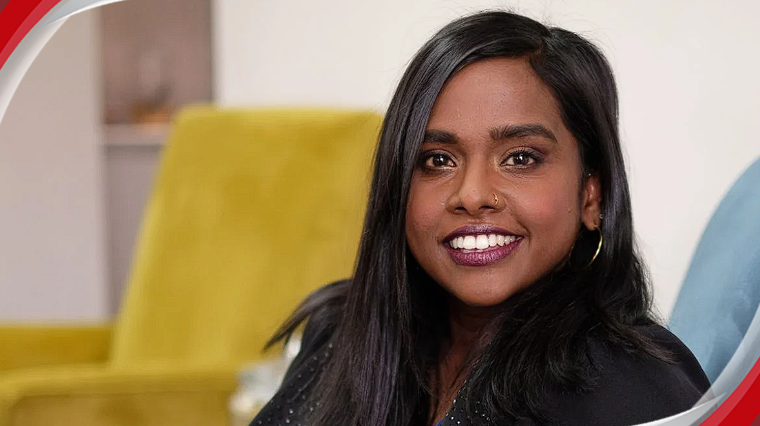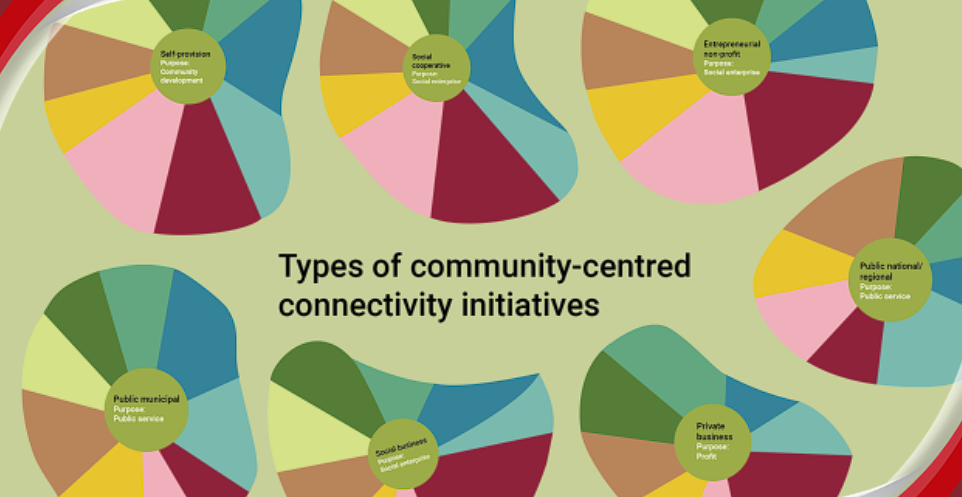Articles
YouTube CEO quits
-
1 year ago
YouTube chief executive officer Susan Wojcicki is stepping down from the role after nine years running the video division of Google, marking the end of an era for one of the Internet’s foundational businesses.
Wojcicki said in a blog post that she planned to “start a new chapter” focused on her family, health and personal projects.
She’ll also take an advisory role, working across Google and parent Alphabet Inc.
She is handing the reins to top lieutenant Neal Mohan, another veteran Google executive who runs YouTube’s product and policies.
“The time is right for me, and I feel able to do this because we have an incredible leadership team in place at YouTube,” Wojcicki wrote.
In September, YouTube hosted a live event for its Shorts service. Wojcicki dialled in via a video call, citing a health issue.
The company declined to comment further on the transition.
Wojcicki is one of Google’s longest-serving employees and one of the highest-profile female executives in Silicon Valley.
After lending her garage to the company’s founders, she joined as an early marketing manager and rose through the ranks of Google’s advertising business before joining YouTube in 2014.
She was involved in two of Google’s monumental acquisitions: The 2006 purchase of YouTube, and its deal for advertising-technology business DoubleClick the following year.
Wojcicki spent years running Google’s display ads operation, turning it into a secondary revenue stream behind search and expanding Google into areas, like targeted ads, that yielded greater profits but more regulatory scrutiny.
Inside Google, Wojcicki was best known as one of the few higher-ups with a personal tie to the mercurial founders, Larry Page and Sergey Brin, that gave her considerable sway inside the growing technology giant.
“She was essentially a short-circuit to the founders,” said Keval Desai, founder of Shakti Capital and a former Google colleague. “She’s a person who had a bigger impact than any of her titles would suggest.”
Desai recalled the advice he received after joining Google, in 2003, from a manager: “Susan gets what Susan wants.”
In early 2014, Google’s then-CEO, Page, tapped Wojcicki to run YouTube after years of lacklustre results.
For nearly a decade, YouTube had expanded ferociously but struggled to become profitable. Wojcicki brought a renewed focus on challenging the TV ad market, boosting YouTube’s creators and its ties with media companies.
While Wojcicki was a media outsider, Hollywood veterans took notice of her attempt to make YouTube more of a ready partner—and nemesis.
Under Wojcicki, YouTube set up a program to rival Netflix Inc. and Amazon.com Inc.’s Prime Video with original shows starring YouTube creators.
That program failed. Still, Wojcicki proved better at building closer ties with YouTube’s enormous, unpredictable sea of creators.
“She brought them into the conversation,” said Dan Weinstein, co-CEO of Underscore Talent, who has worked with YouTube for years.
He described Wojcicki as taking YouTube from “a pure engineering technical platform into what resembles a media company, whether they use that term or not.”
But Wojcicki also oversaw YouTube’s rockiest years.
During Donald Trump’s presidency, the platform struggled with issues around extremism, disinformation, child safety and misbehaving stars.
Major advertisers boycotted the site multiple times in 2017. Several critics, including former employees, faulted Wojcicki for moving too slowly to address these issues.
While YouTube has avoided the political onslaught of Facebook, the video platform is facing growing regulatory issues around copyright and liability — YouTube’s handling of Jihadi content is at the centre of a Supreme Court case that could rewrite how the Internet works.
Since 2017, Wojcicki has gradually built back trust with advertisers. YouTube’s ads business has more than tripled in size in five years, reaching $29.2 billion in 2022.
“She’s been a pillar of stability during that time,” Weinstein said.
In recent quarters, however, YouTube’s ad haul has slipped below Wall Street expectations.
New privacy constraints, like Apple Inc.’s ban on targeted ads, has limited revenue, and YouTube has invested more in Shorts, a feature to combat TikTok that has just started to run ads.
Meanwhile, Wojcicki’s push into paid services, like its streaming TV service and its Spotify rival, have had limited success.
Mohan has been Wojcicki’s top deputy for years, moving over from Google’s ads business to YouTube in 2015. He was widely seen as her natural successor.
Related Articles Posts
Categories
Popular Post
-
 SA’s IT spend to outpace GDP growth 1 year ago
SA’s IT spend to outpace GDP growth 1 year ago -
 Vodacom, Netstar launch free in-taxi Wi-... 1 year ago
Vodacom, Netstar launch free in-taxi Wi-... 1 year ago -
 South Africa under pressure to fill cybe... 1 year ago
South Africa under pressure to fill cybe... 1 year ago -
 Organisations with a strong employee val... 1 year ago
Organisations with a strong employee val... 1 year ago -
 Joint policy-in-action event highlights... 1 year ago
Joint policy-in-action event highlights... 1 year ago -
 Boost your digital transformation journe... 1 year ago
Boost your digital transformation journe... 1 year ago







